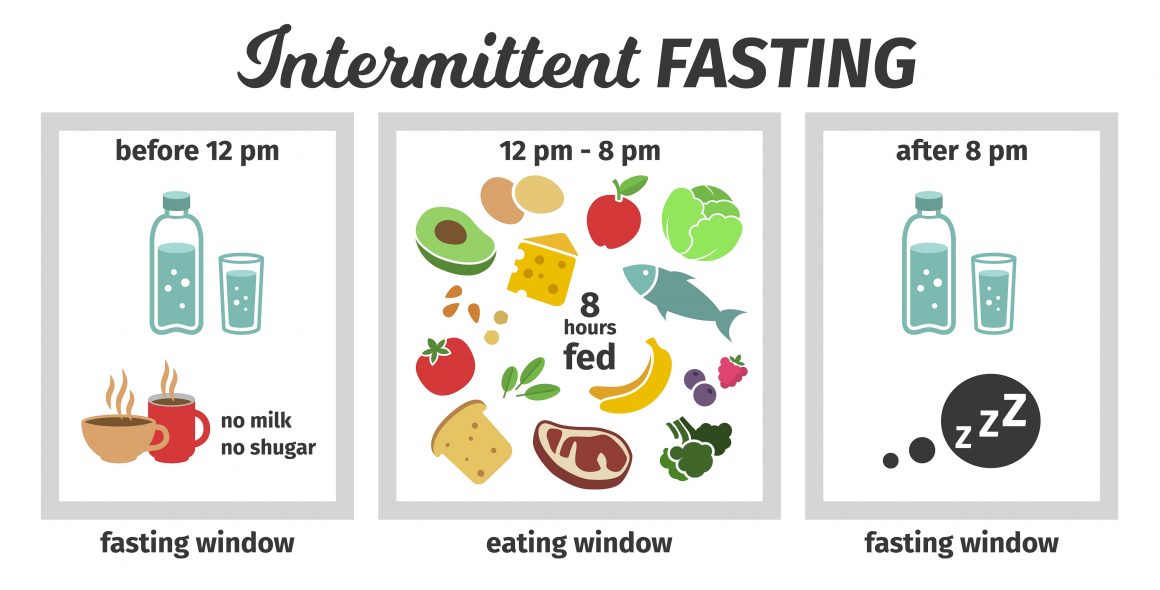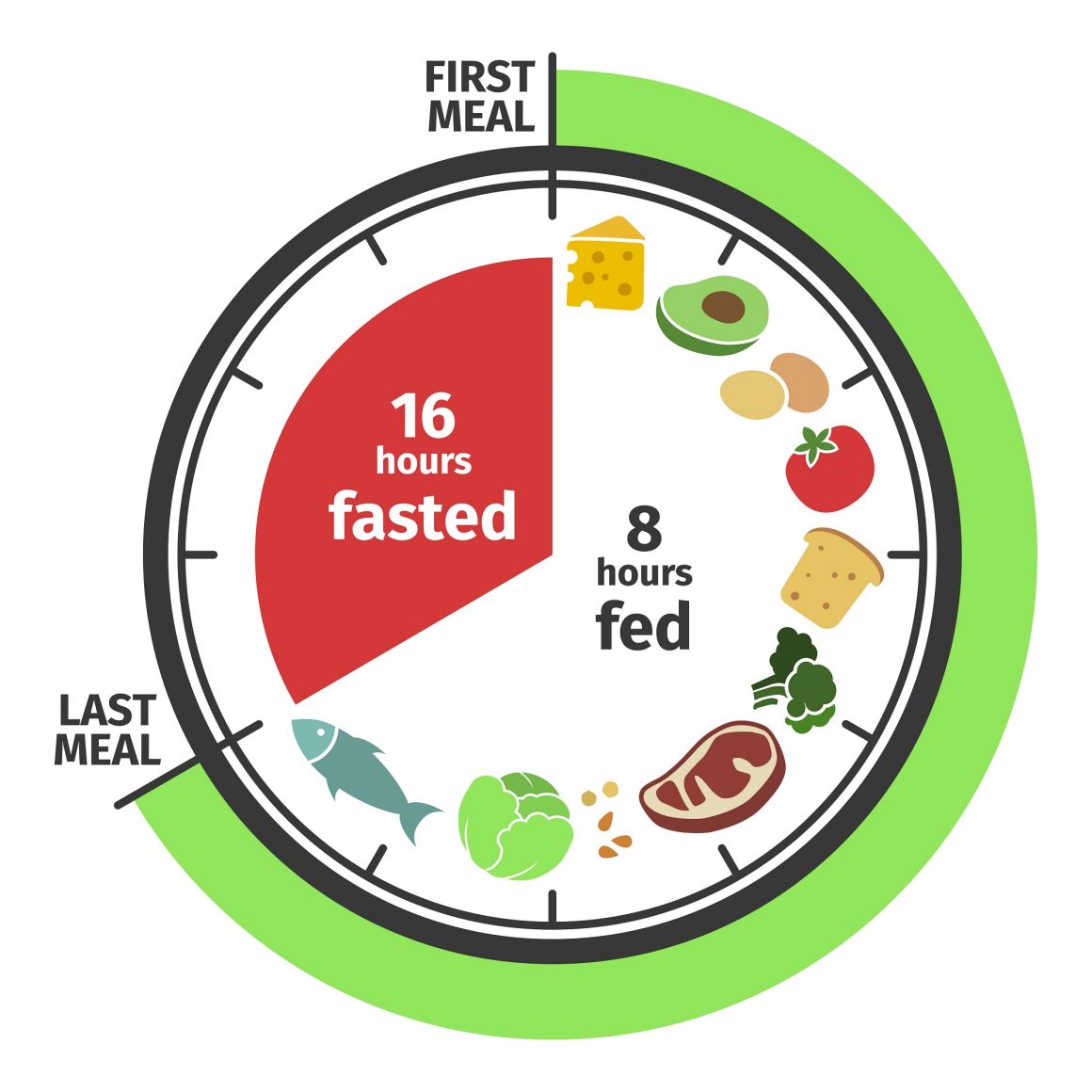No matter our age, we spend a lot of time thinking about what we’re going to eat. Whether it’s for a special occasion or meal planning for adherence to a diet, what we eat and how much we eat is a primary focus for health-conscious people. But sometimes, not eating is just as important as eating.

The health benefits of intermittent fasting are well documented. The process, sometimes referred to as time restricted feeding, helps the body to switch from glucose as the primary energy source for cells to using fatty acids normally stored in tissue as triglycerides. As we fast, the liver then converts those triglycerides into ketone bodies which are used as fuel for the brain and other organs while fasting.
But these ketone bodies aren’t just fuel, they’re also important molecules for the healthy function of cells and organs. They’re regulators of proteins and cellular pathways that have significant effects on overall health and the way that we age. As a result, they influence overall metabolism and, according to an article from the New England Journal of Medicine (NEJM), “stimulate the expression of the brain derived neurotropic factor (BDNF) gene.”

BDNF is an important protein as it stimulates the growth of new neuronal pathways and supports the survival of existing ones. This can help ward off neurodegenerative conditions and cognitive decline. Metabolic changes often lead to improvements in glucose regulation, blood pressure, and heart rate while also improving the efficacy of endurance training. Fasting engages most systems in the body in overcoming the sensation of hunger and creating internal stability.
Fasting habitually, the NEJM article notes, results in cells engaging in a coordinated adaptive stress response which “increases the expression of antioxidant defenses, DNA repair, protein quality control, mitochondrial biogenesis and autophagy, and down-regulation of inflammation.” Cells respond better to stress as a result and are able to remove damaged proteins while recycling undamaged tissue.
Impact on Aging
Some studies suggest that intermittent fasting has positive effects on cognition. In particular, improvements to memory, be it spatial, working or associative have been recognized.

Beyond cognition, physical performance related to balance and coordination has also been shown to improve. Now researchers are exploring the impact of various forms of intermittent fasting in areas where pharmacological solutions have failed to materialize, such as addressing the development of neurodegenerative conditions as well as physical issues like frailty.
But while intermittent fasting shows a great deal of promise for its ability to positively impact a range of conditions that commonly affect older adults, its viability over long periods of time is still being verified. Less is known about the impact of long-term time restricted feeding or caloric restriction in older populations due to the fact that much of the research that has been done has focused on shorter periods of time and the diet being difficult for some to follow.
The goal of some researchers is to develop a pharmacologic treatment option that could mimic effects of intermittent fasting such as metabolic change, however, the early results of these approaches have not been nearly as safe or as effective as intermittent fasting.
Further study is needed, but intermittent fasting is something you’re likely to hear more about as we continue to learn about how our eating habits contribute to the overall picture of our health. It is already believed that intermittent fasting could help address issues related to cardiovascular disease, neurodegenerative conditions, asthma, cancer, obesity and ischemic injuries.
